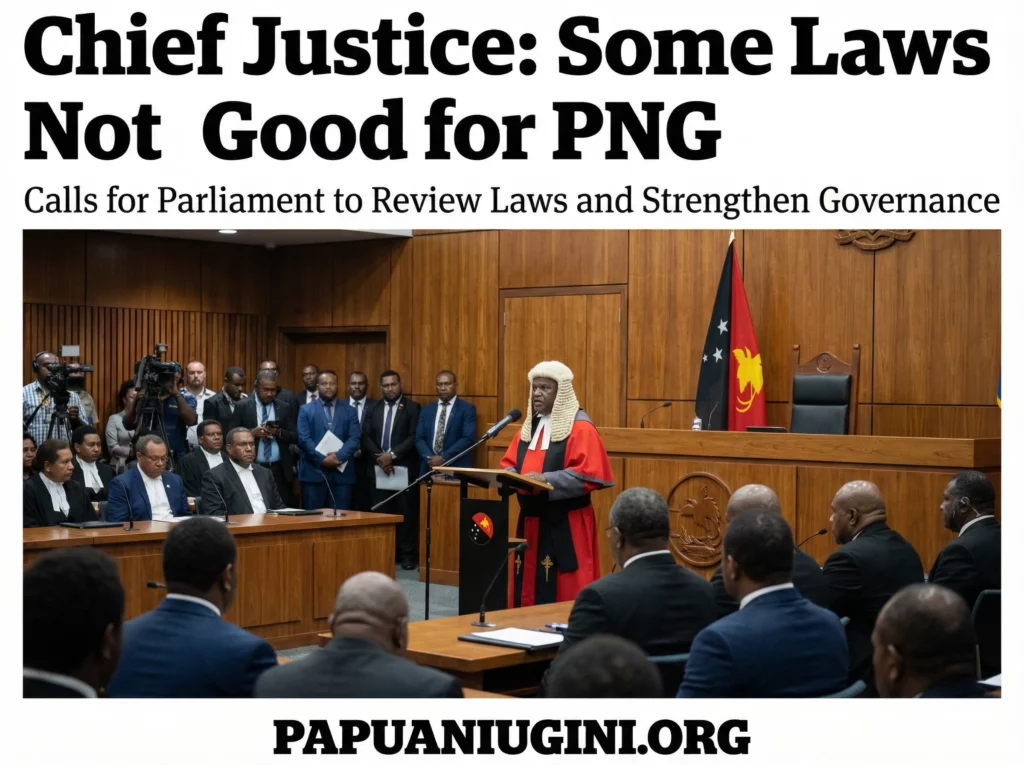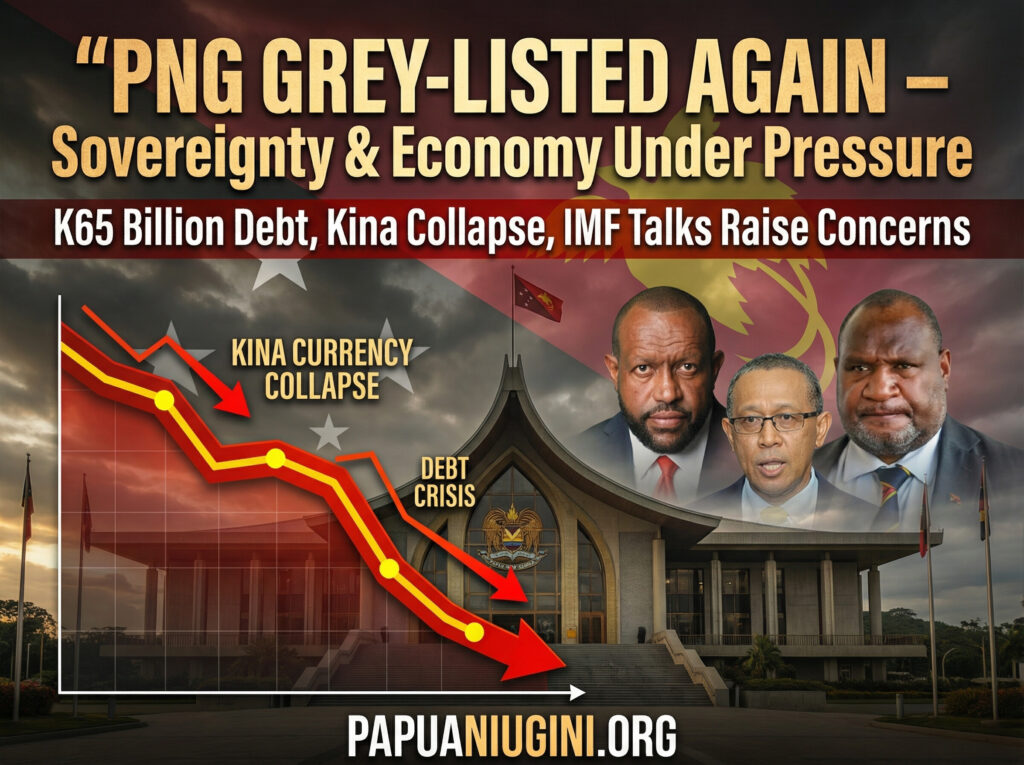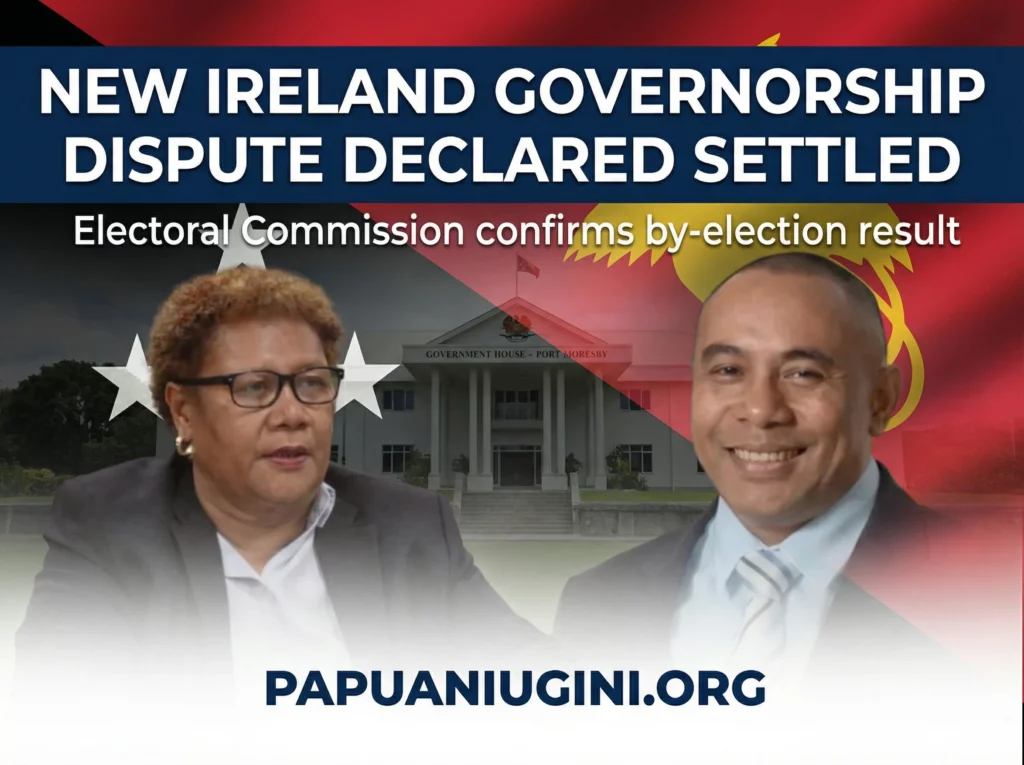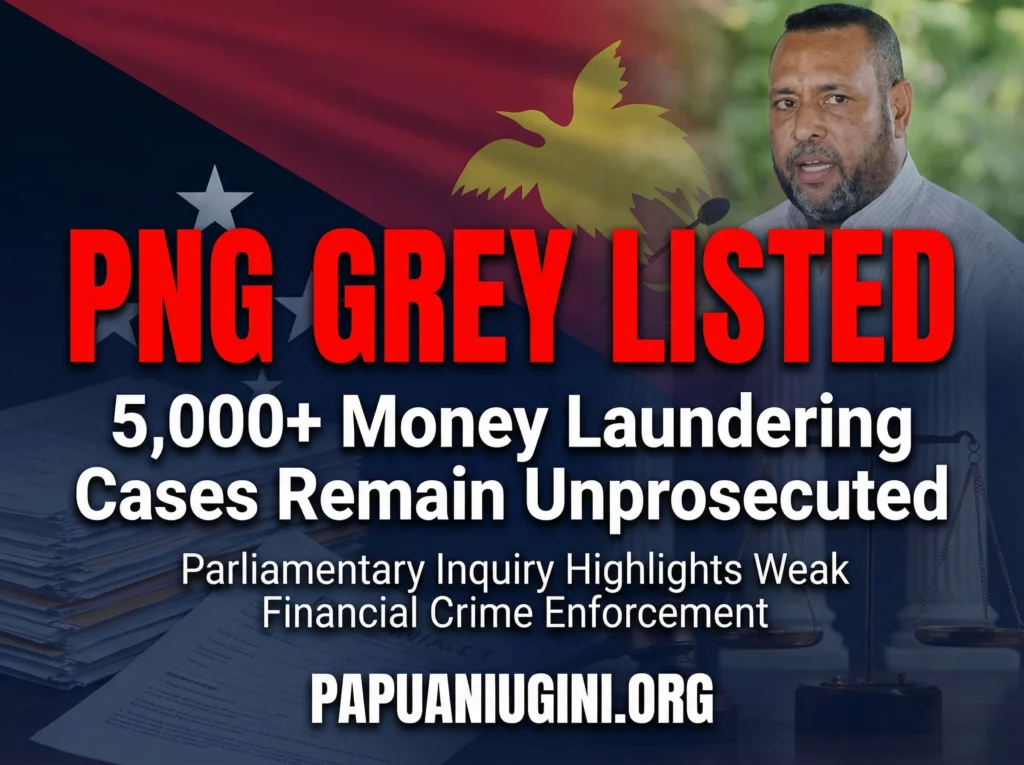The falling value of the PNG Kina against the US Dollar is impacting everyday life. Learn what causes currency depreciation, its effects on inflation, and practical strategies to build a stronger future for Papua New Guinea.
 💬 Remember: Challenges are just opportunities in disguise. Your journey toward economic resilience could start with one small decision today. Start learning and earning online now—it’s free!
💬 Remember: Challenges are just opportunities in disguise. Your journey toward economic resilience could start with one small decision today. Start learning and earning online now—it’s free!
The Depreciation of the PNG Kina (PGK) Against the US Dollar (USD) and Its Implications for the Nation’s Economy
Why PNG Kina Exchange Rates Matter to Everyday Life
In Papua New Guinea today, the falling value of the Kina (PGK) against the US Dollar (USD) is something we all feel whether at the market, the petrol station, or even at school fees time. But why does a simple exchange rate matter so much?
Currency exchange rates are like the engine oil of an economy. They influence the cost of goods, the strength of businesses, and the opportunities for growth. When a country’s currency loses value, or depreciates, it can cause major changes in everyday life.
Recently, the PGK has been steadily losing value against the USD, making imported goods and services more expensive and putting pressure on the national economy.
 👉 Start learning how you can build your own skills and financial independence online for free here
👉 Start learning how you can build your own skills and financial independence online for free here
Understanding Currency Depreciation – PNG Kina
What Is Currency Depreciation?
Currency depreciation simply means that the Kina is worth less when compared to another currency, like the US Dollar. For example, where once 1 USD might have cost 3 Kina, now it may cost 4 Kina or more.
Why Does It Happen?
Several things can cause this:
- Trade imbalance: When PNG imports more than it exports, more Kina leaves the country.
- Investor confidence: If people fear instability, they prefer stronger currencies like the USD.
- Global economic forces: Changes in world commodity prices or US interest rates can shift the value of the Kina.
- Market perceptions: If businesses and investors think the Kina will fall, they act early, and their actions actually drive it lower.
In short, it’s not just what’s happening inside PNG. It’s also what’s happening across the world.
The Role of Imports in PNG’s Economy
Papua New Guinea depends heavily on imports for many essentials. Some of the biggest include:
- Fuel: All our petrol and diesel is imported.
- Food: Rice, wheat, tinned fish, dairy, and processed foods come mostly from overseas.
- Machinery: Cars, tools, farming equipment, and even medical supplies are imported.
When the Kina falls, all these items become more expensive. That hurts businesses, families, and national development.
👉 Start learning how you can build your own skills and financial independence online for free here
Inflation: The Immediate Consequence
Inflation is the rise in the general prices of goods and services. When the Kina drops and imports cost more, prices inside PNG naturally climb.
What does inflation mean for you?
- A 10kg bag of rice that once cost K50 might now cost K100.
- Bus fares go up because of expensive fuel.
- Store goods like soap, oil, and tinned meat cost more.
Historically, PNG has seen inflation spikes when the Kina weakens like during the late 1990s Asian Financial Crisis and after the 2014 oil price crash.
If we are not careful, inflation can widen the gap between the rich and the poor even further.
Impact on Everyday Life for Papua New Guineans
For the average person:
- Food becomes harder to afford.
- Transport costs eat up more of your income.
- Building or renting a home becomes more expensive.
Low-income families and rural communities feel it the most because their earnings don’t stretch as far. A strong economy is one where basic needs stay affordable but depreciation and inflation make this harder.
Economic Strategies to Mitigate Depreciation Effects
The government and Bank of Papua New Guinea (BPNG) are trying to manage the situation. Some strategies include:
- Monetary policy: Raising interest rates to make Kina assets more attractive.
- Foreign exchange management: Controlling how much USD is available to protect critical imports.
- Supporting local industries: Encouraging more local production of food and goods.
Diversifying the economy is critical. PNG needs to invest in:
- Agriculture: Boosting local rice, coffee, cocoa, and palm oil production.
- Tourism: Promoting PNG’s beauty to the world.
- Small and medium businesses: Helping Papua New Guineans create products for local and export markets.
🌟 Want to start learning practical online skills that can help boost PNG’s economy and your income? Click here to join this free opportunity!
The Global Economic Influences
Our Kina doesn’t exist alone. It’s affected by:
- US Federal Reserve decisions: When US interest rates go up, USD becomes stronger.
- Commodity prices: PNG relies heavily on gold, oil, and gas. When their prices fall, national income drops.
- Trade agreements and debts: PNG’s financial obligations to other countries influence the demand for Kina.
Also, major geopolitical events, like conflicts or international sanctions, can shake global markets and pull currencies along with them.
Voices from the Business Sector
Local businesses are adjusting:
- Some are buying locally to avoid high import costs.
- Others are investing in renewable energy like solar to cut diesel costs.
- A few are expanding online sales to reach more customers affordably.
But challenges remain. Entrepreneurs report long delays in accessing foreign currency and rising input costs that squeeze their profits.
PNG businesses are resilient but they need stronger infrastructure, better digital access, and government support to truly thrive.
Future Outlook
The depreciation of the Kina brings real challenges but it’s not the end of the road. With smart strategies, stronger local production, and good governance, Papua New Guinea can stabilize and grow.
Here’s how we can all play a part:
- Support local businesses and farmers.
- Invest in skills that prepare you for new industries.
- Demand transparency and sound policies from leaders.
💬 Remember: Challenges are just opportunities in disguise. Your journey toward economic resilience could start with one small decision today. Start learning and earning online now—it’s free!




